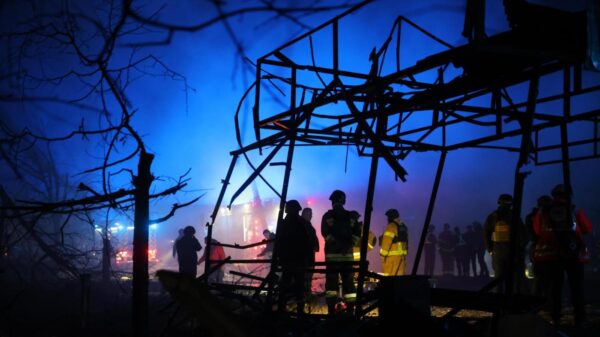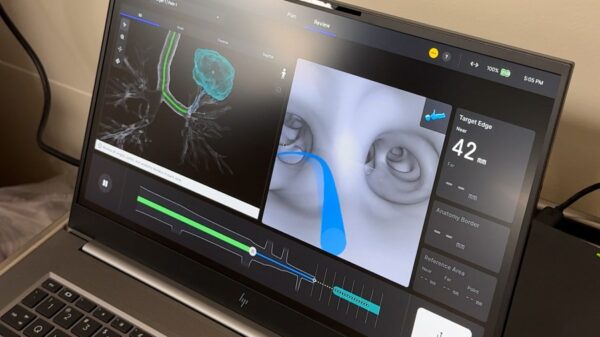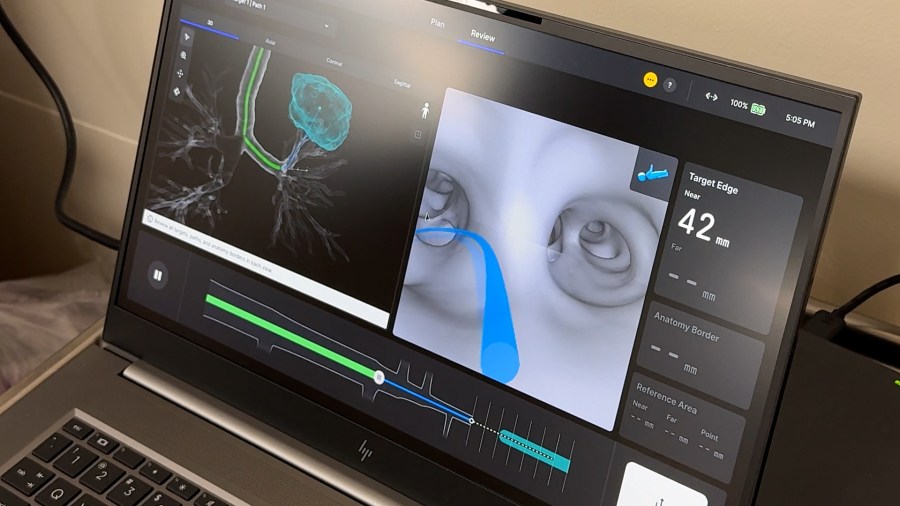Ascension Sacred Heart Bay in Panama City, Florida, has introduced groundbreaking technology that is transforming the detection and treatment of lung cancer. The hospital is now utilizing the Ion Robotic-assisted Bronchoscopy system and Endo-Bronchial Ultrasound Technology, which offer minimally invasive procedures for patients with lung nodules requiring biopsy.
Advancements in Medical Technology
This innovative approach allows physicians to perform biopsies with enhanced precision and reduced patient discomfort. The robotics technology provides a level of accuracy that traditional methods often lack, enabling doctors to target specific areas in the lungs more effectively. As lung cancer remains one of the leading causes of cancer-related deaths globally, advancements like these are crucial for improving patient outcomes.
According to hospital representatives, the use of robotic systems in bronchoscopy is a significant leap forward. Dr. John Smith, a pulmonologist at Ascension Sacred Heart Bay, noted, “This technology not only enhances our ability to diagnose lung cancer at an earlier stage but also minimizes recovery time for our patients.” Early detection is critical, as it can significantly improve the prognosis for lung cancer patients.
Minimally Invasive Procedures
The Ion Robotic-assisted Bronchoscopy system allows for a less invasive approach compared to traditional bronchoscopies. Patients benefit from shorter hospital stays and quicker recoveries, which is particularly important for those battling cancer. The robot provides a 3D view of the lungs, allowing for more accurate navigation and targeting of suspicious nodules.
Furthermore, the Endo-Bronchial Ultrasound Technology complements this system by enabling real-time imaging during the procedure. This combination ensures that physicians can obtain tissue samples from hard-to-reach areas while ensuring patient safety and comfort.
As the healthcare landscape continues to evolve, facilities like Ascension Sacred Heart Bay are at the forefront of integrating advanced technology into their practices. This commitment not only enhances treatment options but also aligns with global efforts to improve healthcare standards and outcomes for patients worldwide.
The introduction of these robotic systems marks a significant milestone in lung cancer treatment, representing a hopeful advancement for many patients. With ongoing research and development, hospitals are poised to further leverage technology in the fight against cancer, ultimately saving lives and improving the quality of care.




































































